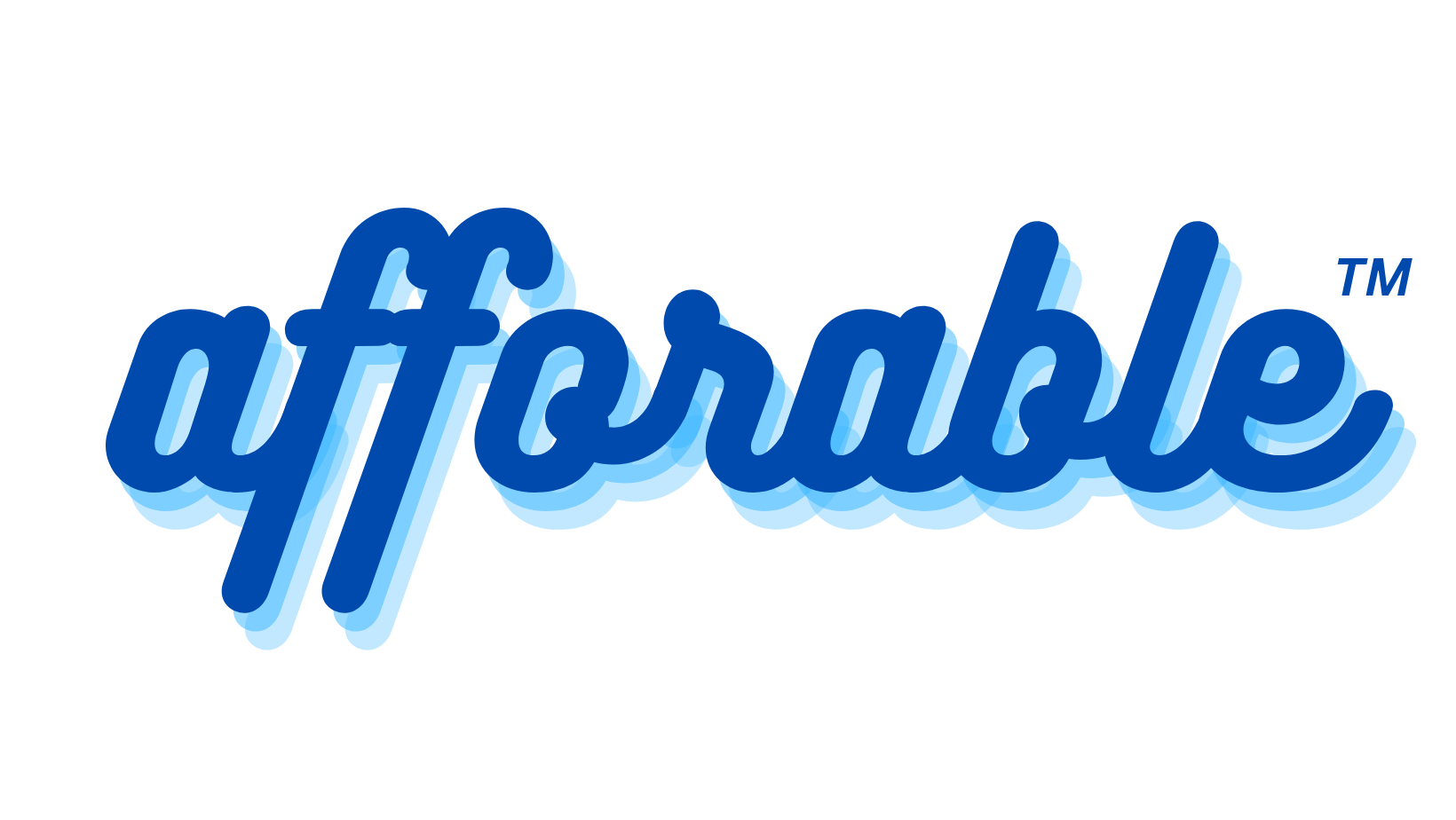In the intricate web of healthcare, the role of health insurance is paramount, serving as a shield against unforeseen medical costs. However, this shield is only as effective as the understanding consumers have about their coverage. This article embarks on a journey into the vital realm of health insurance literacy, emphasizing the need to empower consumers with knowledge. By unraveling the complexities of health insurance and providing the necessary resources, we aim to empower individuals to make informed decisions about their health and well-being.
The Landscape of Health Insurance Literacy
Understanding the Basics
Navigating the intricacies of health insurance begins with a solid foundation in the basics. Consumers need to comprehend the terms and concepts that form the building blocks of their coverage. From deductibles and premiums to copayments and coinsurance, a grasp of these fundamental elements is crucial for informed decision-making.
Decoding Policy Documents
The fine print of insurance policies often contains valuable information that can significantly impact coverage. Health insurance literacy involves teaching consumers how to decode policy documents, ensuring they understand the extent of coverage, exclusions, and any limitations. This knowledge empowers individuals to make choices aligned with their healthcare needs.
The Importance of Educational Initiatives
Elevating Consumer Understanding
Educational initiatives play a pivotal role in elevating consumer understanding of health insurance. Workshops, seminars, and online resources can provide valuable insights into the complexities of insurance policies. These initiatives should aim not only to inform but also to foster a sense of confidence among consumers in navigating the often convoluted terrain of healthcare coverage.
Bridging the Language Barrier
Health insurance jargon can be a formidable barrier for many consumers. Empowering individuals with knowledge involves breaking down language barriers. Educational materials should be presented in clear and simple language, ensuring that all consumers, regardless of their background, can access and comprehend the information.
Building Robust Support Systems
Navigating Enrolment Processes
Health insurance literacy extends beyond understanding the policy itself; it encompasses the entire process, from enrollment to utilizing benefits. Robust support systems should guide consumers through the enrollment process, helping them choose plans that align with their healthcare needs and financial capacities.
Responsive Customer Support
Accessible and responsive customer support is a cornerstone of health insurance literacy. Consumers should feel confident reaching out for assistance, whether clarifying policy details, understanding a medical bill, or seeking guidance on coverage options. A responsive support system fosters a sense of security and trust among consumers.
Advocacy for Health Insurance Literacy
Legislative Measures
Advocacy for health insurance literacy involves pushing for legislative measures that mandate clear and transparent communication from insurance providers. Policies should be designed with consumer understanding in mind, ensuring that individuals can make choices that align with their healthcare needs.
Community Engagement
Community engagement initiatives play a vital role in promoting health insurance literacy. Local events, partnerships with community organizations, and outreach programs can contribute to spreading awareness and empowering individuals with the knowledge they need to navigate the healthcare system.
Conclusion
Empowering consumers with knowledge is not merely a goal; it is a fundamental necessity in the realm of health insurance. A well-informed consumer is better equipped to make decisions that positively impact their health and financial well-being. As we advocate for enhanced health insurance literacy, we pave the way for a healthcare landscape where individuals are not just recipients of services but active participants in their own care. Through education, support, and advocacy, we can build a future where health insurance becomes a tool for empowerment, providing individuals with the confidence and understanding needed to navigate the complexities of the healthcare journey.

